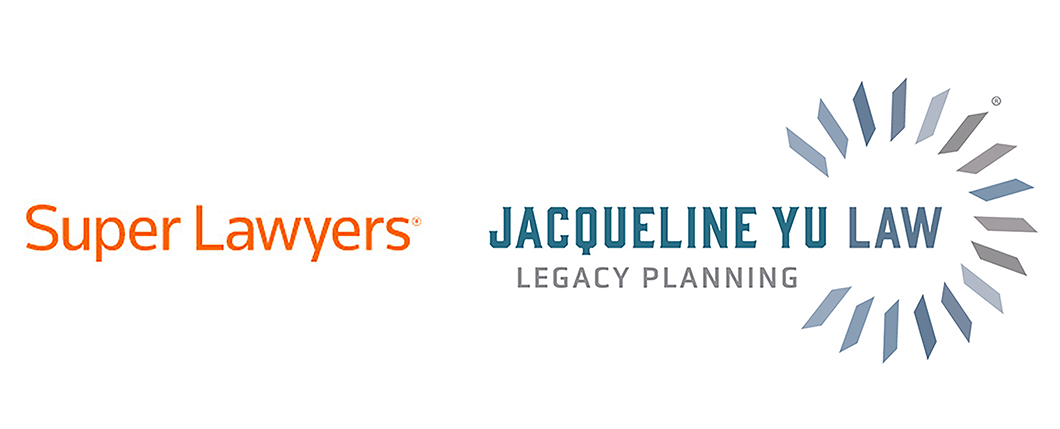
Estate Planning Checklist
Here is a checklist of topics you should include when reviewing your estate plan.
Personal Matters – See if your estate plan reflects any events such as a birth, adoption, marriage, divorce, separation, illness, death, incapacity, relocation or other change in your relationship with persons or entities named in your estate plan documents, any changes in names or residence, or any health changes, substance abuse problems, special needs or other issues affecting a loved one.
Financial Matters – Has there been an increase or decrease in your income or net worth, a purchase or sale of assets, change in employment or business interests, retirement, transfer of assets by gift, or assets that you acquired or disposed of in a different state or country?
Assets – Have there been changes in the nature and value of your assets or the characterization of your assets (for example, community property versus separate property), or in the title of these assets (e.g., joint tenancy, tenancy in common, etc.)?
Liabilities – Similarly, check for any changes in the nature or amount of your liabilities, and determine whether your estate will have sufficient liquidity to cover these liabilities and whether your circumstances require asset protection planning (e.g., creditor protection, divorce or litigation).
Tax Planning – This includes looking at the possible effects of income, gift, estate and property taxes. Estimate your current and future tax liabilities (state and federal income taxes, business taxes, property taxes, gift taxes, estate taxes, and generation-skipping transfer taxes). Think about the likely future value of your estate, and discuss with your professional advisor whether you should make lifetime gifts to reduce the value of the estate (outright or through irrevocable trust vehicles), and whether your estate will be able to pay these taxes. You should also explore whether valuation discounts can be used to reduce the value of lifetime gifts, and whether transfers of real property during your life or at death will be subject to property tax reassessment. Finally, estimate the income tax and basis consequences of sales, transfers and exchanges of your assets.
Learn about SLAT estate planning and maximizing your gift, estate, and GST tax exemption
Beneficiaries – Is there a need to make any changes to the designation and names of beneficiaries in your estate plan, and any changes in the bequests and devises to beneficiaries? If your will or trust leaves a specific asset as a gift to a beneficiary, do you still own that asset, or have plans to sell it? If you plan to make gifts to a class of beneficiaries, check to see if these beneficiaries can be readily ascertained. If some named beneficiaries are minors, you may need to include a provision for a testamentary trust or custodial account. If you are leaving money or assets to charities, make sure they are still in existence and determine if they are tax exempt. If your will or trust references external documents, make sure those are current. If you have granted powers of appointment to a beneficiary, verify that he or she is capable of carrying out these duties and has been properly identified.
This would be a good time to review the beneficiary designations of life insurance policies, retirement accounts, pay-on-death accounts and annuities, and to make sure that the beneficiaries named are current.
Fiduciaries – Determine if there is a need to make any changes in the designation of trustees of your trust, executors of your will, attorneys-in-fact of your financial power of attorney, agents of your advance health care directive, and guardians of your minor children, and/or if there are specific instructions that need to be given to them. Check to see if there have been any changes in the residence of the named fiduciaries, whether bond should be waived for the named fiduciaries, and whether the fiduciaries should be given broad or limited powers.
Validity – Make sure that the formalities have been satisfied for your trust, will and other estate planning documents. To properly execute a will, for instance, the will must be witnessed by two disinterested persons (meaning, persons who are not your heirs and are not named as a beneficiaries of your estate) and signed by you, free from undue influence and/or duress, and with the requisite capacity to understand the nature and extent of the property being disposed of under your estate planning documents, to know the persons who are your heirs and your relationship to them. Check to see whether there are existing duplicate original estate planning documents and whether there are amendments to these documents (or codicils to your will).
Disposition of Remains – You are making this review because you recognize that you won’t live forever, so you should check that your will and/or your advance health care directive include instructions about the disposition of your remains.
If you have questions or concerns about any of these topics, or other aspects of your trust administration or estate planning, please contact Jacqueline Yu at [email protected] or 310-313-1195.

